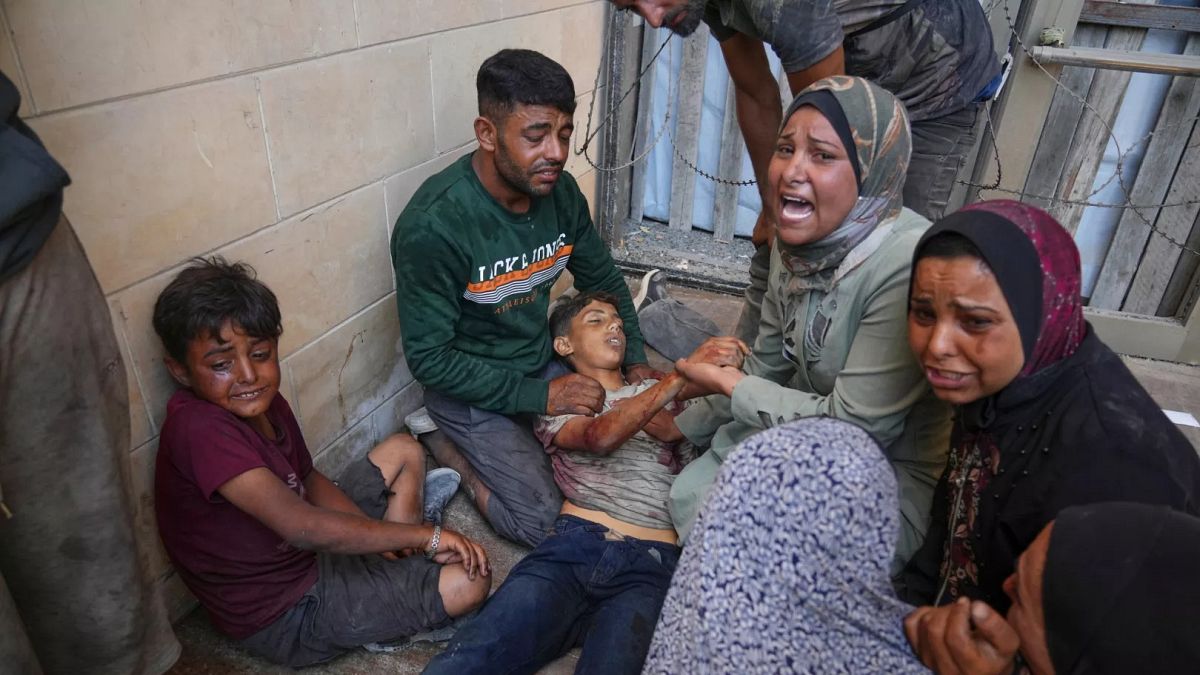

The persistent challenges faced by people in the Gaza Strip highlight the ongoing humanitarian crisis and political complexities of the region. Concurrently, international tensions escalate, demanding a diplomatic approach to resolve conflicts and address urgent needs.
The Gaza Strip continues to cope with severe humanitarian stress as a consequence of long-standing political unrest and recent military actions. The Gaza Humanitarian Foundation (GHF), backed by the Israeli government and US involvement, was designed to distribute much-needed aid. However, reports indicate that over 1,373 Palestinians have tragically lost their lives since late May while attempting to access these crucial resources. Israeli military actions have exacerbated the situation, resulting in fatalities as individuals strive to gather food and other essentials. With strict restrictions on overland aid delivery, the reliance on airdrops has increased, yet it is not enough to mitigate the crisis facing Gaza’s residents.
This dire scenario has sparked criticism over Israeli policies and discussions surrounding the implementation of voluntary migration initiatives from the territory. Many critics express concerns that these policies may serve as a precursor to forced displacements, raising significant socio-political repercussions for the region. The civilians of Gaza remain resilient, clinging to their land amid the challenging circumstances while voicing their need for a sustainable resolution.
Compounding the complexity is the ongoing dispute with the militant group Hamas. The organization has, for the second time, released a video of an Israeli hostage. Hamas underscores its position, asserting that disarmament is not an option until a fully sovereign Palestinian state is realized, with Jerusalem as its capital. This stance presents a challenging dynamic for peace talks, as Israeli demands for disarmament remain firm.
On the international front, the Middle East peace efforts are further complicated by global geopolitical tensions. Notably, a significant development occurred when former US President Donald Trump ordered the relocation of two nuclear submarines near Russian waters following threats from Dmitry Medvedev. In separate but related events, Ukraine has claimed successful strikes on Russian military facilities, intensifying the military posture in Eastern Europe.
The ongoing conflicts have prompted various international actors to seek a peaceful resolution. US Ambassador Steve Witkoff’s recent visit to the GHF site in Gaza, where he described the situation as “an incredible feat,” underlines the urgency for enhanced humanitarian support and diplomatic engagement. Observers emphasize the necessity of multilateral dialogue to reach an agreement that respects the sovereignty and rights of all parties involved, ultimately aiming for peace, stability, and essential aid access for affected populations.
In light of these developments, the international community is closely monitoring the situation, advocating for negotiations that prioritize human rights and the welfare of civilians amid these existential challenges. Diplomacy and collaboration remain critical pathways to mitigate the hardships faced by the people of Gaza and to manage escalating international tensions effectively.
Source: {link}
